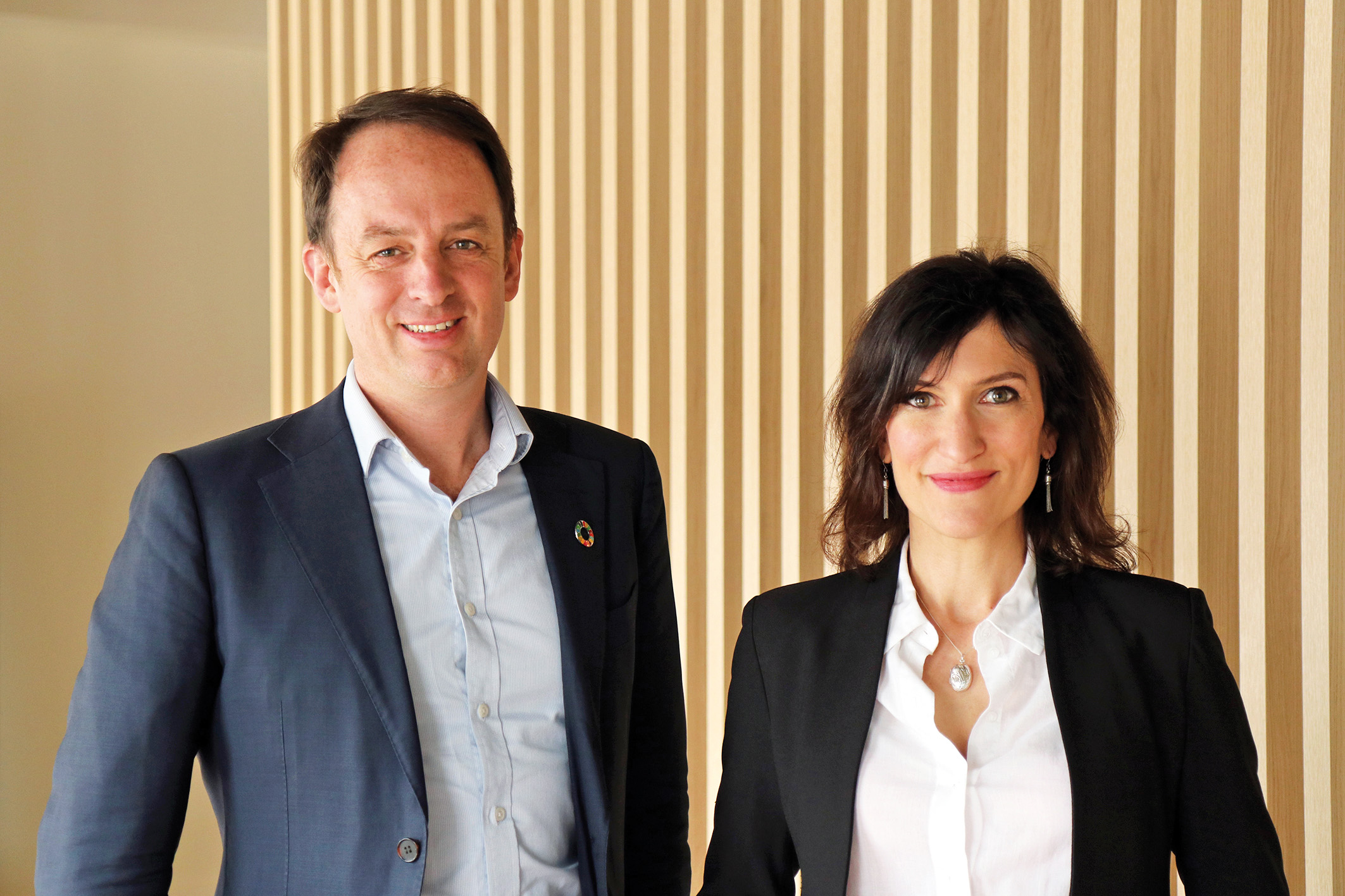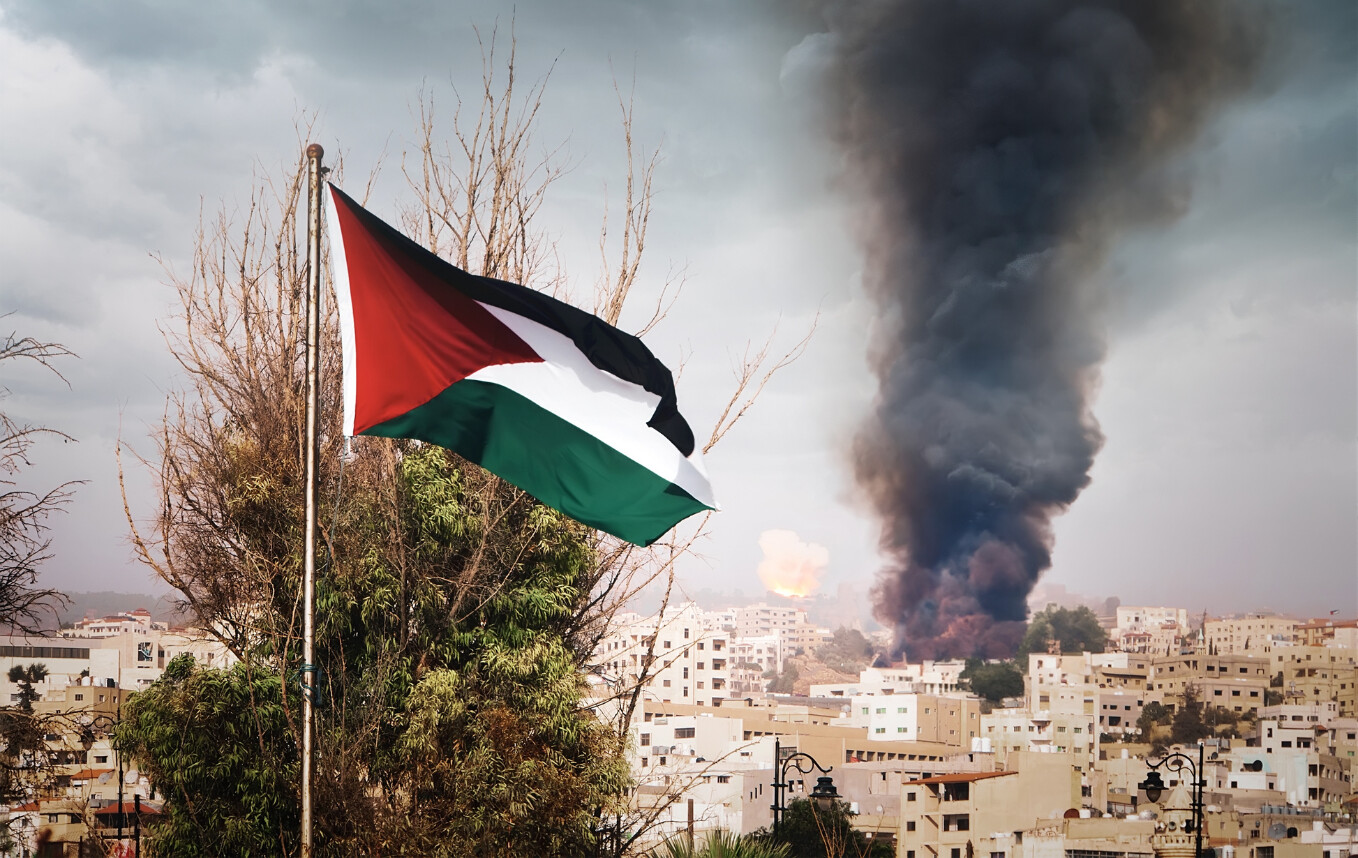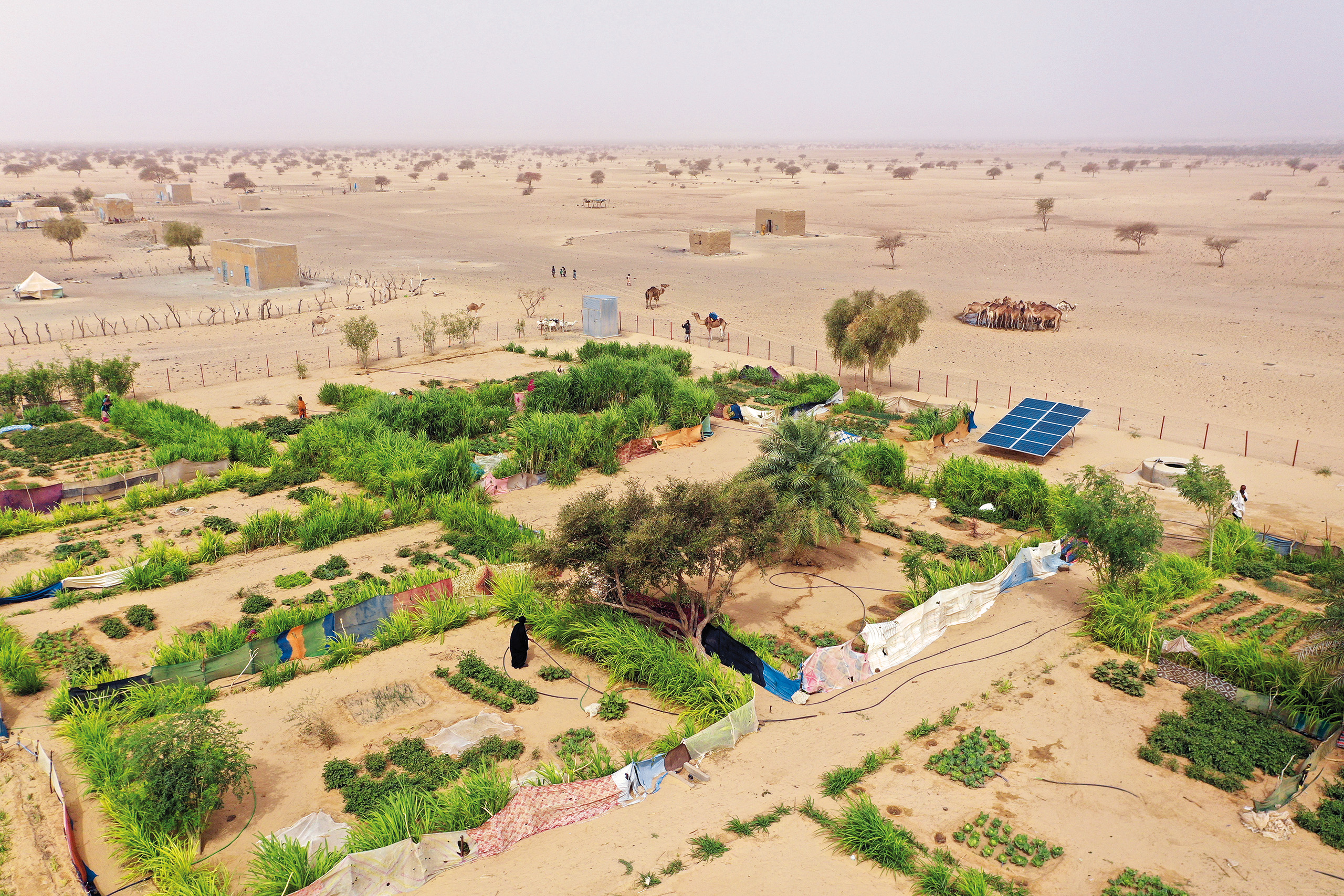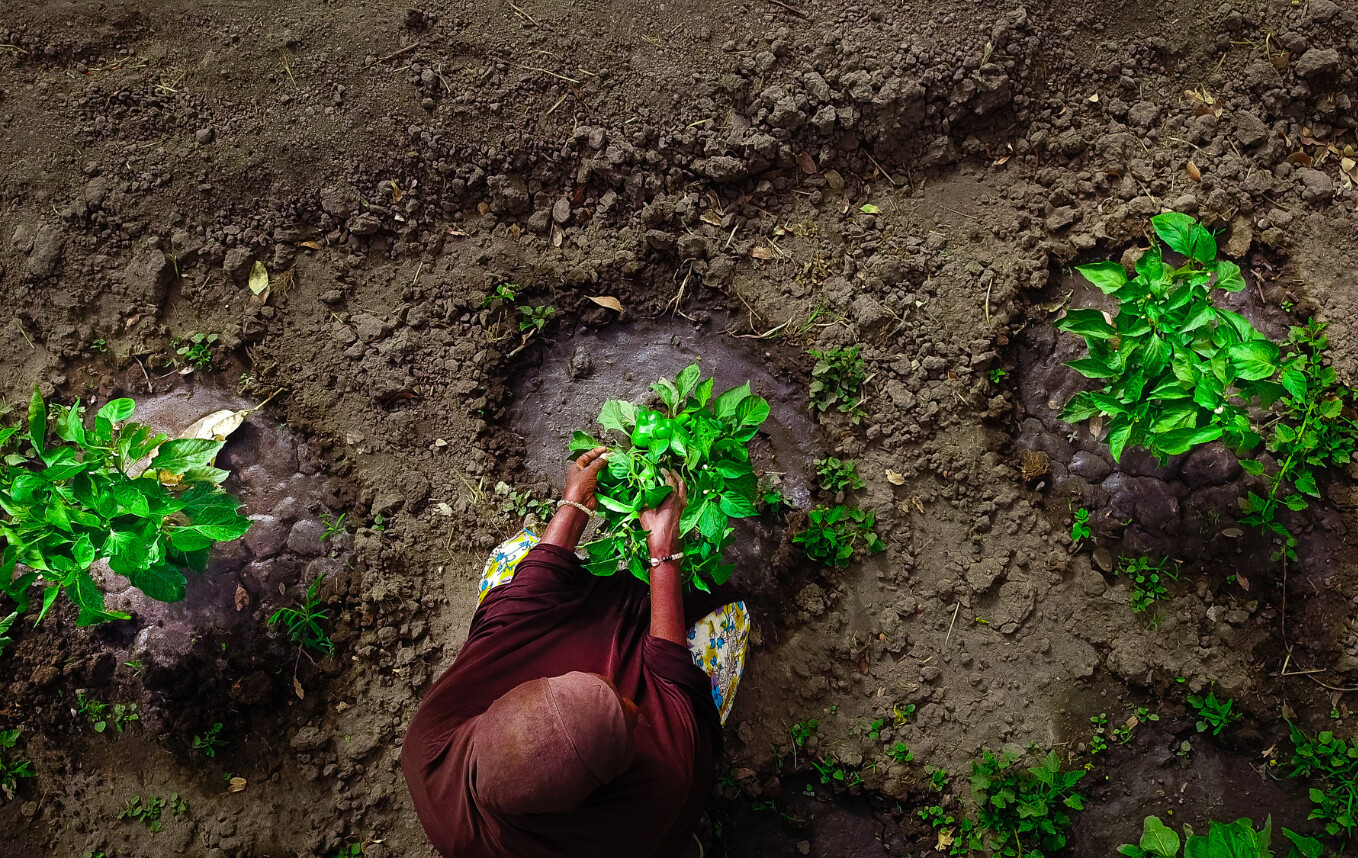Activity report 2022-2023 – Foreword

Over the past year, we have taken important steps. The Belgian State and Enabel signed a new Management Contract. Also, Country Programmes with Congo and Mozambique were renewed. In 2023, we hope to conclude 3 more. All of this adds up to an important base upon which Enabel can further develop its activities…
We live in an increasingly unpredictable world. For the first time in decades, with Russia’s invasion of Ukraine, a brutal war is fought on European soil. Because of the war and in the aftermath of the pandemic, food and energy prices have risen worldwide. The effects of the climate crisis, with increasing extreme weather phenomena, are being felt everywhere.
All these crises lead to more people being in need. Around the world, there are currently as many as 32.5 million refugees. And more than 103 million people are displaced among others due to violence or natural disasters. We are faced with a choice: Either we retreat behind closed gates and put our heads in the sand and assume that problems will solve themselves or we acknowledge these problems and do something about them.
That is what the hundreds of Enabel staff, whether in Brussels, Kinshasa or Ramallah, do every day. They stand in the world with an open mind and have a clear goal: To tackle the challenges, together with partner organisations. And so Enabel proves time and again that solidarity works.
This is no easy task. The Belgian Development Cooperation is mainly operating where the need is high. Extreme poverty is highly present in our partner countries. These countries are also the most vulnerable to the effects of climate change. Human rights, democracy and a well-functioning rule of law are far from a given there.
But our cooperation is not to support governments or regimes – it is to help people. Ordinary people with ordinary dreams.
‘What people dream about in Congo or in Senegal is not that different from what people care about in Belgium, in Mechelen or La Louvière: a roof over their heads, work that puts food on the table, an environment in which children can grow up and learn safely and freely. In short, moving forward in life.’
Enabel shows good results in this area: from promoting women entrepreneurship, to investing in social protection, to deploying biogas for domestic use. This annual report presents many of these programmes and projects. Every euro we invest in a child being able to stay in school instead of being forced to work is a euro well spent.
One of the biggest challenges to our prosperity is the climate crisis. It the foremost example of why international cooperation is absolutely essential. Just building up dikes at home will not stop the next flood. If people in Mozambique can better prepare for the effects of global warming, they are less likely to ever have to flee after yet another severe storm or crop failure. For that too, our partners can count on Enabel’s commitment.
As short-sightedness, self-interest and brutal violence are gaining ground, it is all the more important that we counterbalance the increasing influence of authoritarian regimes that disregard human rights globally. Where extremes are in power, prosperity deteriorates. That is where the rights of girls and women come under pressure first. And where girls and women are oppressed, the whole of society impoverishes.
This is another big challenge in our partner countries. Despite these difficult circumstances, Enabel continues to expand its operations. We go exactly where few are still operating. This allows us to engage in a dialogue with governments and also to put difficult issues, such as human rights and corruption, on the table.
‘International solidarity is not an either-or story, where we either invest in our own society or in people in need in the rest of the world. Nor is international solidarity a matter of charity. It is simply common sense. ‘
By empowering people globally, we empower people here at home. When we invest in international solidarity, we invest in everyone’s future.







